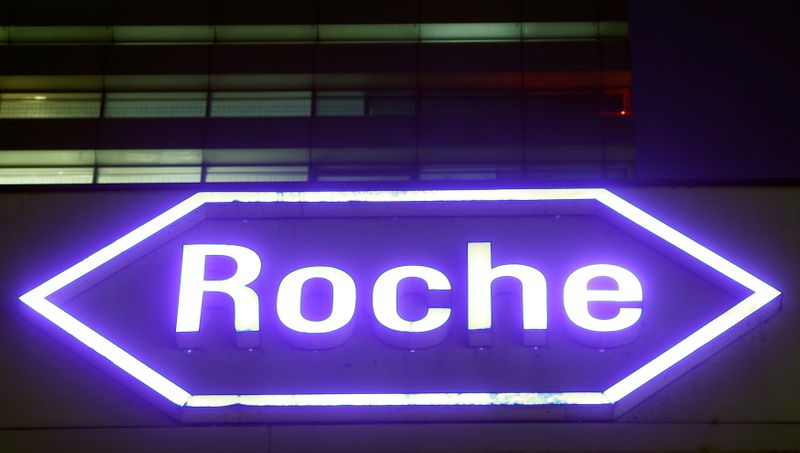WASHINGTON (Reuters) - Swiss drugmaker Roche (S:ROG) has won U.S. antitrust approval for its $4.3 billion deal to buy gene therapy specialist Spark Therapeutics (O:ONCE) clearing the way for Roche's push into treating rare diseases including hemophilia A.
The Federal Trade Commission said on Monday it had approved the deal, which was originally announced in February, without requiring any asset sales to ensure the planned merger complies with antitrust law.
The FTC said in a statement the evidence "did not indicate that Roche would have the incentive to delay or terminate Spark’s developmental effort for its hemophilia A gene therapy, or that the acquisition would affect Roche's incentives regarding (its hemophilia treatment drug]) Hemlibra."
The commission, which is made up of three Republicans and two Democrats, voted 5-0 to approve the deal.
U.S. antitrust approval was the last needed by the company, Roche and Spark said in a joint statement.
Also on Monday, Roche won clearance from Britain's Competition and Markets Authority (CMA) for the proposed merger.
When the deal was announced, Roche agreed to pay a big premium for Spark, more than twice the U.S. company's closing price on Feb. 22.
Basel-based Roche wants to buy U.S.-based Spark to gain a foothold in gene therapy and add to its growing portfolio of hemophilia A products. Its Hemlibra product, an anti-hemophilia A drug, is due to surpass $1 billion sales this year.
Hemophilia sufferers lack a protein that helps blood to clot, putting them at risk of serious health complications including internal bleeding, joint damage or death.

Hemophilia has traditionally been one of the most expensive - and for companies, most lucrative - treatment areas, with clotting factors running into the millions of dollars annually for some cases.